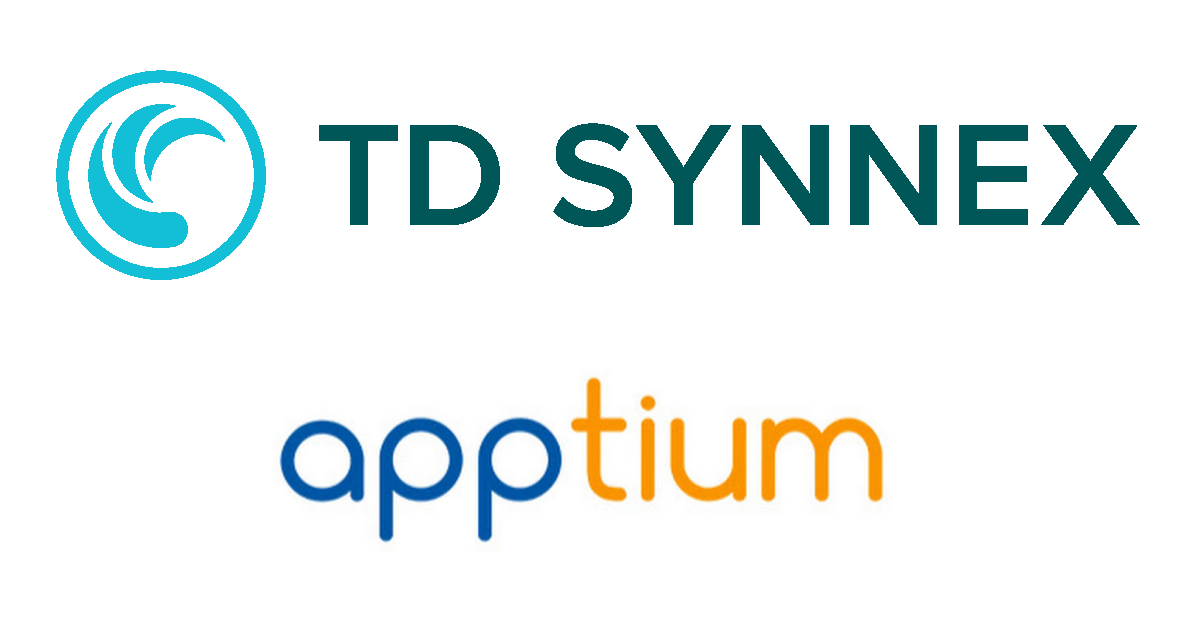The cloud is all the rage in the U.S. market, fueled by applications such as Saleforce.com, Office 365 and Google docs, as well as an array of free or low cost storage, backup and e-mail for consumers.
That cloud confidence from consumer and basic IT apps is also luring IT into putting higher level applications on the cloud, everything from software development to database, collaboration, big data and even engineering.
Saudi Arabia is a bit behind this curve, but is now eying the cloud carefully in an effort to save money and boost efficiency – at least according to research house IDC.
Going with the cloud for a mission-critical app isn’t as easy as just signing up for Hotmail. There are several stages to the adoption of a major cloud. IT must research the need, devise a plan, evaluate the available tools, acquire the product, and then get it up and running.
Saudi Arabian IT staffs are in the early stages, learning all they can about the cloud, what it can do, and how to make the transition.
Another stumbling block is the small number of cloud providers in Saudi Arabia. This is in stark contrast to the market for broadband, an essential ingredient for the cloud.
Broadband, both fixed and wireless, is growing fast in the kingdom.
And individual access to the Internet and wireless broadband is also generous, fueled by a vibrant oil-based economy. About half the people in Saudi Arabia are on the Internet, some 13 million users out of a total population of 28 million.
And the growth rate last year was nearly 50 percent.
For enterprise-class data services, the market and offerings are growing fast. Nearly a decade ago, Saudi Arabia liberalized the telecom industry, freeing it from overregulation, much like the Telecom Reform Act liberalized the U.S. market a couple decades ago, fueling the rise in American mobile and IP telephony services, and driving down price for both voice and data dramatically.
Population density is both a cloud booster and a deterrent in Saudi Arabia. The country is large, but with much of the population confined to a few urban area, it’s easier to blanket those users with broadband access. On the other hand, remote areas can sometimes struggle to get high speed connections, making the cloud there impractical.
Public vs. Private
Saudi Arabia tends to be very protective of its culture and secrecy, a fact that holds back public cloud adoption. "Organizations across the kingdom have traditionally preferred to manage their IT operations internally," noted Hamza Naqshbandi, senior research analyst for IT services with IDC Saudi Arabia. "However, there has been growing interest in outsourcing models, with organizations increasingly using hosting and managed services. This growing adoption of outsourcing services is seen as a first step toward moving to a cloud-based model, as companies become more comfortable with the concept of remote services delivery."
This attitude has many in IT eying private rather than public services.
Many shops in the U.S. move to the cloud after realizing the benefits of virtualization. The cloud, one could argue, is really just a higher level manifestation of virtualization – a set of virtual services running on a provider’s virtual infrastructure. But Saudi Arabia is lagging in virtualization, another factor dampening cloud excitement.
"After having reaped the benefits of virtualization in terms of cost savings, cloud is the next logical progression, and organizations are gradually being tempted by cost optimization features such as metering and chargeback, which can add visibility and facilitate greater control of IT costs," said Naqshbandi.
IDC now predicts cloud spending in the kingdom to grow nearly 50 percent per year until 2016.
Edited by
Braden Becker






